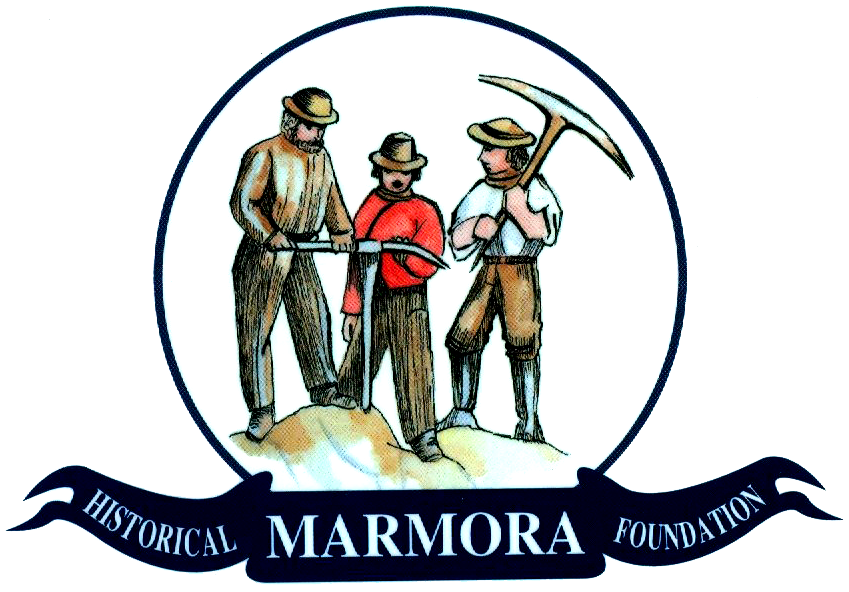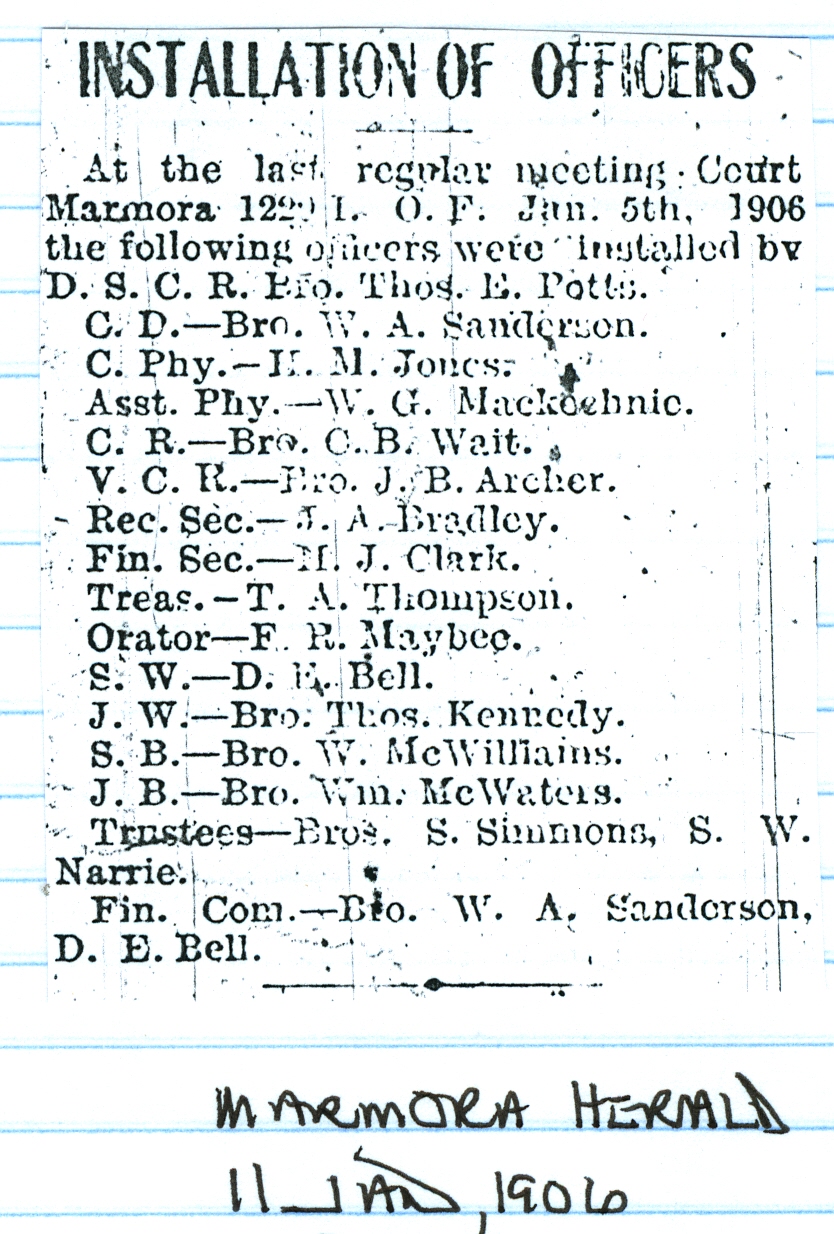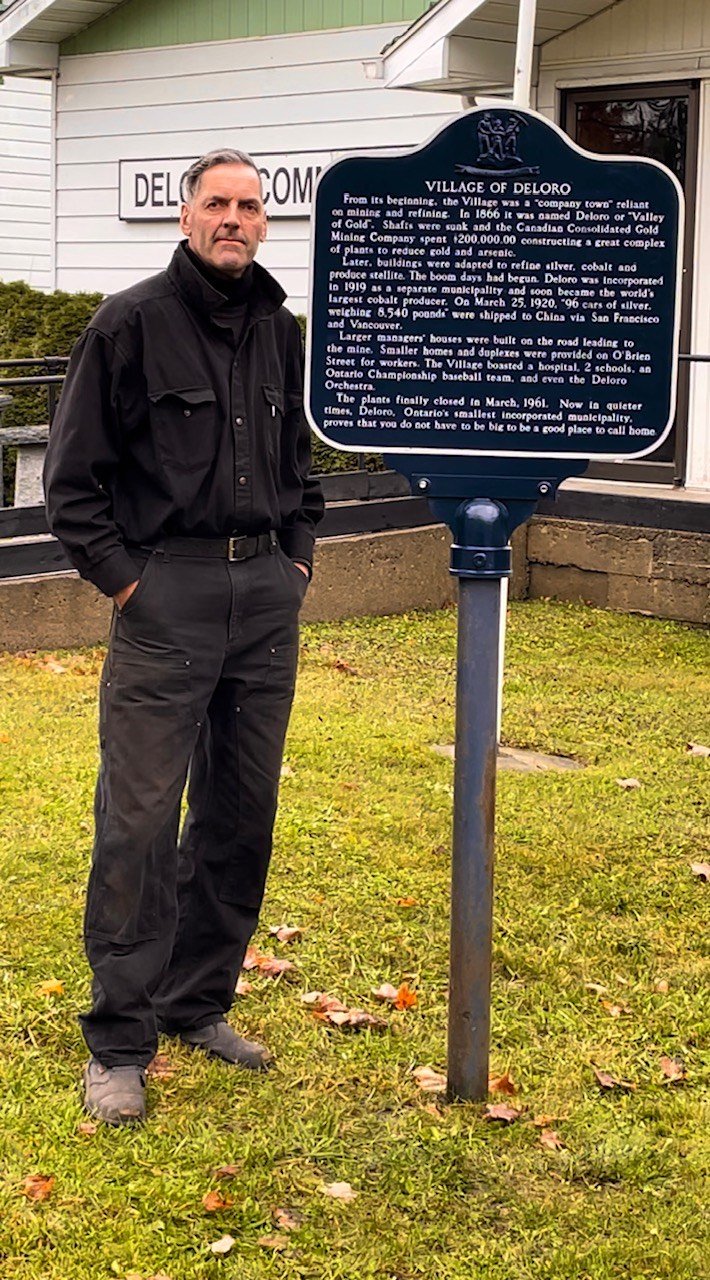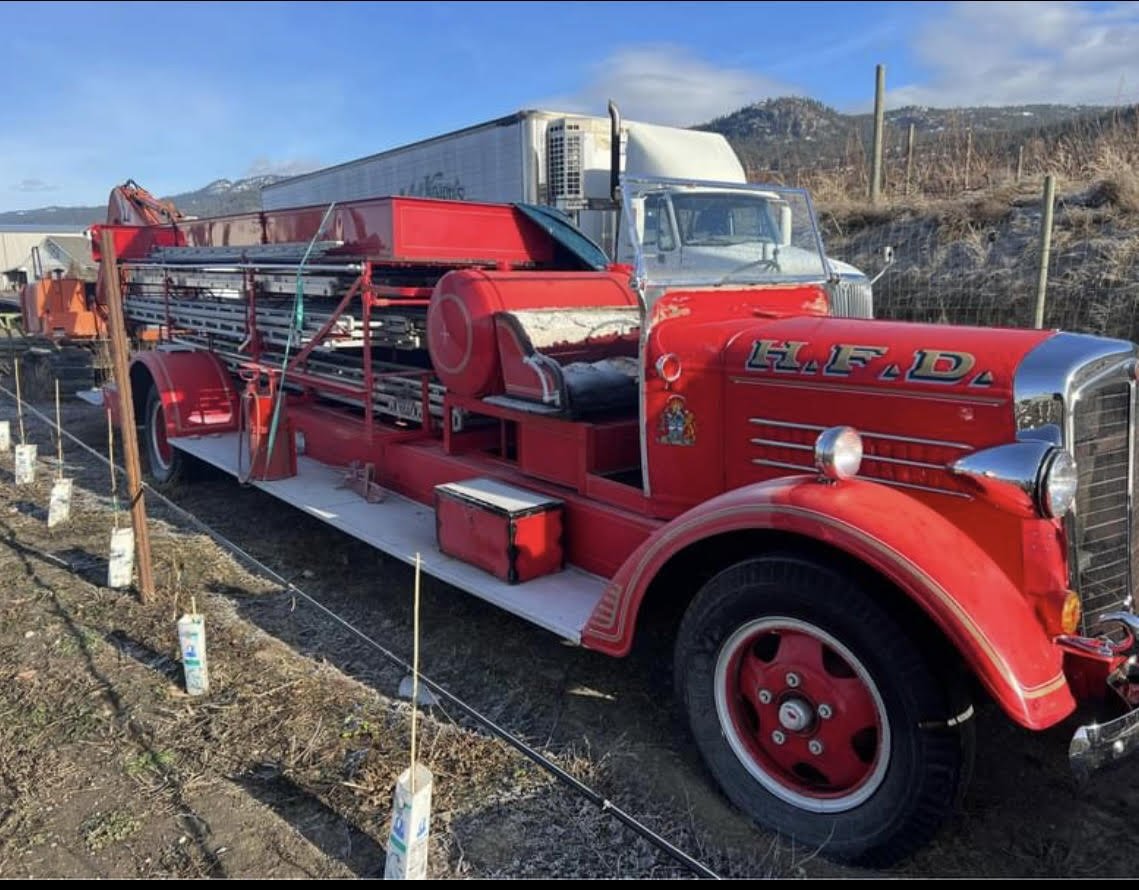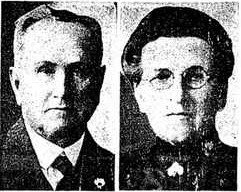FRATERNITIES - THE ENGINE OF THE VILLAGE PULSE
/One of the greatest pleasures is the bond of friendship with others. Today, despite the diversion of an electronic society, many fraternal organizations still struggle along. But in Canada's earliest years, these societies were the very heart of social life for many rural citizens. From the very early days, the Loyal Orange Lodge opened its doors in Marmora. By 1907, a variety of societies tempted men from home in the evenings.
The L.O.L (Loyal Orange Lodge) met every first and third Friday;
The A.O.U.W. (The Ancient Order of United Workmen), a fraternal organization in the United States and Canada, providing mutual social and financial support after the American Civil War met every second and fourth Friday . It was the first of the "fraternal benefit societies", organizations that would offer insurance as well as sickness, accident, death and burial policies.
The C.O.E.F. (Church of Evangelic Faith) met every second and fourth Monday;
The Mystic Lodge (an appendant body of the I.O.O.F. - Independant Order of Odd Fellows) met every second and fourth Wednesday;
The I.O.F. ( Independant Order of Foresters) met the first and third Monday;
The A.F. & A.M. Lodge (Ancient Free and Accepted Masons) met each Monday "on or before full moon at 9 p.m."
C.O.C.F. (Canadian Order of Chosen Friends) an organization that would pay old age and disability benefits. They eventually evolved into the "Reliable Life Insurance Company" based in Hamiton.
From the very day that fraternal societies first came to Upper Canada, brotherhood and politics went hand in hand. The first Grand Lodge, started in 1792, had R.W. Bro. William Jarvis as Provincial Grand Master. Wm. Jarvis also just happened to be Provincial Secretary to John Graves Simcoe, Lieutenant-Governor of Upper Canada. Indeed that significant position was later occupied by two other Grand Masters.
On a local level a move into the political arena was often preceded by participation in the fraternal orders. When Marmora Reeve, William H. Hubbell was elected warden in 1914, he could draw on his support as a member of the Marmora Lodge, A. F. & A.M., the Orange Order and as the past occupant of important positions in the Mystic Lodge, the I.O.O.F., the A.O.U.W. and the Chosen Friends. Warden Hubbell further endeared himself to his colleagues when instead of just treating the local Reeves to the usual Warden's Banquet, he lead them by train to Toronto for the Good Roads Convention. There they all "distinguished themselves," from the hundreds of municipal councillors who filled the leading hotels, by their "comradery and jollity".
The ties between the fraternal societies and their chosen religion was even stronger than their ties with their chosen politics. If a man excelled in the Masonic Order, he was likely to excel in the Protestant religion. So when a beautiful day dawned, September 1, 1874, as expected, for the laying of the cornerstone for Marmora's new Anglican Church, it was also to be expected that a fraternal brother like Rt. Worshipfu.l Brother Colonel S.S. Lazier of Belleville should be there and in charge. Colonel Lazier was not only a colonel and a fraternal brother and a dignitary qf the Anglican Church, but also a Master of the Supreme Court of Ontario. He typified those whose influence entered all areas of endeavour. The "ladies of Marmora" presented Brother Lazier with a silver trowel to commemorate the event.
Before there ever was a Booster Club to boost the community, there was what the Marmora Herald cited as a group with a very opposite motivation.
"Has it ever struck you", the editor asked in 1906, "that most of us are active members of the Knockers Association, and that scarcely a day passes but that we are hitting someone a rap calling someone a fool, a schemer or a hypocrite or handing out some finer thrust in more elegant English".
Progressives should not be down-hearted for 'The harder you're thrown, the higher you'll bounce.' No one's life was so good as to allow perpetual criticism of others. 'The sin of Eden is upon us all,'
The Editor continued:
"Perhaps it is in a father who jags, or on the end of a mother's mean tongue, a brother's dishonesty or a sister who fell. They say that hell's hot, and if I read the Sacred Book right, the backbiter and the scandal monger will have the hottest spot in the main oven, when those poor devils who are drunkards and Magdalenes will be out in the draft near the door."
